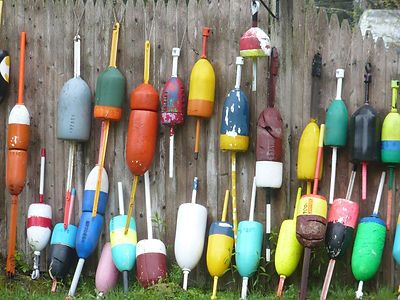
ABOUT LEAF
- LEAF Shellfish

High Pressure Processing (HPP) is an established technology with an expanding resumé of uses in the food product space. By applying extremely high hydrostatic pressures, foods retain their uncooked flavor and texture profiles while extending shelf-life and storage capabilities. When applied to shellfish such as crabs, lobsters, oysters, and clams, HPP results in complete detachment of meats from the shell generating higher yields of better quality than traditional high-heat processing. By focusing on the sustainably-managed domestic fisheries in Southern New England, LEAF supports our local fishing communities by increasing the availability, visibility, and profitability of locally sourced seafood.
LEAF is a startup venture looking to increase the profitability of New England seafood as well as develop lasting food-industry infrastructure. Shellfish are, by far, the most profitable domestic seafood product with landings of over $12 million for Jonah Crab, $33 million in farmed oysters, $64 million of quahogs, and $126 million of lobster (excluding Maine landings). By using HPP technology, LEAF can increase processed yields by up to 30% from an equivalent weight of live product.
Similarly, the efficacy of the HPP process allows for processing of non-seafood products, such as fresh squeezed juices and packaged salsas. Seafood product sales goals can be met by utilizing 45% of machine capacity, while offering tolling services to both seafood and non-seafood products for the remainder.
SOLUTIONS
Save Money
Save The Environment
Innovation
Prices for the imported "Blue Swimming Crab" (Portunus spp.) are as high as $52 per pound, even though many sustainable seafood programs recommend avoiding all imported crab. We look to take advantage of the little known, undervalued, and overlooked domestic resource, Jonah Crab, as a safe and sustainable alternative to the Blue Swimming Crab.
Traditional crab processing generates millions of pounds of spent shells and is wastewater intensive. HPP reuses 85% of the processing water per cycle and retains the integrity of the chitinous shell, which can further processed into valuable chitinosan.
While much of the seafood industry has embraced novel technologies, shellfish meat extraction relies primarily on the decades-old "boil and pick" methods. Bringing new ideas to the traditional industry results in increased yields and better food safety.
